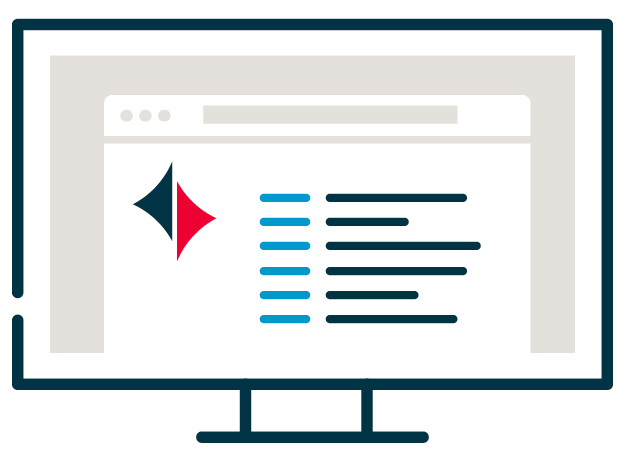Paying for College and the Impact of COVID-19
With the coronavirus shutting done educational institutions and moving classes online, the face of education across the country has changed. While the focus has been primarily on completing the educational requirements to get K through 12 students through the end of the year, colleges and universities have been particularly hard hit as well. Not only is attendance down and funding for the next year unsure, but paying for college has now become another challenge brought about by the COVID-19 pandemic. Some obstacles that current and potential students are encountering when it comes to paying for college include:
Attendance Requirements
In order for students to maintain their financial aid eligibility, they are required to attend school on at least a half-time basis. When the COVID-19 pandemic hit, many schools cancelled in-person courses and went to a pass/fail grading system. For those who attend an institution that offers distance learning options, in lieu of in-class instruction, the new pass/fail system will satisfy the needs of satisfactory requirements for financial aid, as long as the students pass the course.
The problem comes in when students are attending a school that does not have a distance learning plan in place, or only provides limited courses for online instruction. When this occurs, a student’s hours may drop to below half-time, which will not only affect their financial aid eligibility but could also trigger the grace period on loans to begin.
Work-Study Programs
Students who have chosen to pay for college through the college work-study program, may find themselves with limited funds to continue to pay for their distance learning classes. Due to COVID-19-related closures, students will be unable to perform their work-study. While the Department of Education is allowing schools to pay students who have begun their work-study program, the policies on how and when payments are made is up to the institution. Some students may receive full pay even if they aren’t working, others may have to transition to remote work, and some will only receive partial payment, making it difficult to keep up with tuition payments and book costs.
FAFSA Applications
A tax filing extension, designed to help provide relief for citizens, has created a minor problem with the FAFSA application process. In some states, FAFSA awards are on a first-come, first-served basis, which means getting the application in sooner will provide you with the optimal chance of getting the additional funding you need, especially grant money. Tax return information for the most recent year is needed to complete the FAFSA form, which means those who need to take advantage of the extended filing deadline, may be at the back of the pack when it comes to obtaining funding.
If you are planning to or currently attend college, you should check with your institution on their policies regarding the COVID-19 pandemic and how it might affect how you are paying for your education.
Important Disclosures:
The opinions voiced in this material are for general information only and are not intended to provide specific advice or recommendations for any individual. To determine which investment(s) may be appropriate for you, consult your financial advisor prior to investing. All performance referenced is historical and is no guarantee of future results. All indices are unmanaged and cannot be invested into directly.
The information provided is not intended to be a substitute for specific individualized tax planning or legal advice. We suggest that you consult with a qualified tax or legal advisor.
LPL Financial Representatives offer access to Trust Services through The Private Trust Company N.A., an affiliate of LPL Financial.
Securities are offered through LPL Financial (LPL), a registered broker-dealer (member FINRA/SIPC). Insurance products are offered through LPL or its licensed affiliates. Investment advice offered through GWM Advisors LLC dba Goss Advisors, a registered investment advisor and separate entity from LPL Financial. Choice Financial Group and Choice Wealth are not registered as a broker-dealer or investment advisor. Registered representatives of LPL offer products and services using Choice Wealth, and may also be employees of Choice Financial Group. These products and services are being offered through LPL or its affiliates, which are separate entities from, and not affiliates of, Choice Financial Group or Choice Wealth. Securities and insurance offered through LPL or its affiliates are:
Not Insured by FDIC or Any Other Government Agency
Not Bank Guaranteed
Not Bank Deposits or Obligations
May Lose Value
Sources
https://www.edweek.org/ew/articles/2020/05/05/a-new-worry-from-the-covid-19-crisis.html
https://www.foxbusiness.com/money/how-coronavirus-impact-college-financial-aid
LPL Tracking 01-05015085



